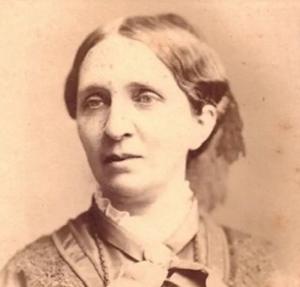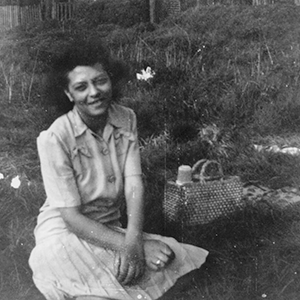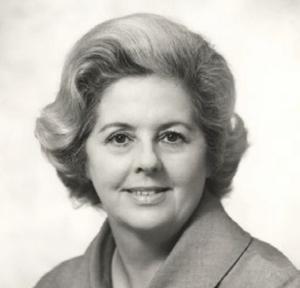
Ellen Craft (c1824-1900)
Refugee and anti-slavery activist
Ellen and her husband, William Craft, made a dangerous escape from slavery in Georgia, America. It was illegal in America to protect runaway enslaved people, so they came to Britain looking for safety.
Here, they wrote a book and went on lecture tours which promoted banning slavery in America. There is a blue plaque celebrating them at 26 Cambridge Grove, where they lived with their family for eight years. Ellen and William later returned to America and set up a school for the children of formerly enslaved people

Amy Garvey (1895-1973)
Mighty leader
Amy Jacques Garvey moved from Jamaica to America in 1917 where she met political activist, Marcus Garvey. She worked with him and the United Negro Improvement Association (UNIA). Amy was involved with the publication of the important Negro World newspaper, and later had her own section in it. When Marcus (who became her husband) was in prison, Amy led the UNIA, went on speaking tours and published books of Marcus' poetry and writing. Amy campaigned for Black nationalism and African independence throughout her life. The Garveys briefly lived together in Talgarth Road in the late 1930s, before Amy returned to Jamaica.

Esther Bruce (1912-1994)
Working-class writer
Born into a working-class household in Dieppe Street, Fulham, Esther was taught by her father to take pride in her Black heritage and stand up to racism. During World War II she volunteered as a fire watcher, looking out for and putting out fires during the air raids. During rationing, she united her community by sharing food parcels from Guyana. Later, she wrote her autobiography, Aunt Esther's Story, one of the first books to document the life of a Black working-class woman in Britain.

Connie Mark (1923-2007)
Community organiser and medical secretary
Born in Jamaica, Connie served as a medical secretary in the Auxiliary Territorial Service (ATS) there during World War II. She moved to Britain in the 1950s as part of the 'Windrush Generation', and became an activist after she was denied the British Empire Medal for her services in the war.
She continued working as a medical secretary, and was dedicated to a range of charities, community service and educational projects, including lobbying for the recognition of Caribbean people and women's contribution to war efforts. Later, she founded the Mary Seacole Memorial Association to fight for the proper recognition of the work of Mary Seacole.
Connie Mark's activism was finally awarded when she received a British Empire Medal in 1991 and an MBE for community service in 1993. After her death in 2007, she was honoured with a blue plaque at Mary Seacole House in Hammersmith, her former home.

Baroness Betty Boothroyd (1930-2023)
First female Speaker
Betty Boothroyd changed 700 years of parliamentary history when she became the first female Speaker in the House of Commons. Born in Yorkshire, she was a dancer before entering politics. Before she became Labour MP in 1973, she was an active member of Hammersmith Borough Council between 1965 and 1968. Betty campaigned successfully to have a bronze sculpture put up in Whitehall, near Downing Street, as a memorial to women who fought in World War II.